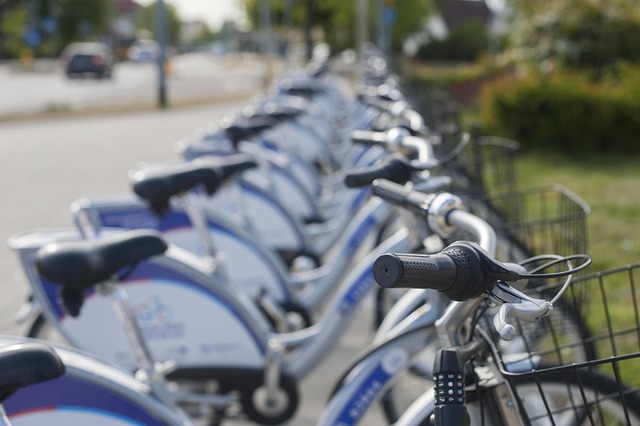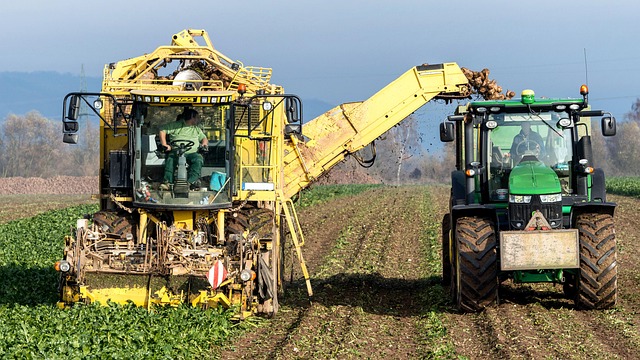The Cycle of Sustainability: Calculating Your Ecological Footprint
As we navigate through the intricacies of modern living, the concept of sustainability emerges as a vital thread that weaves through our daily choices. At the heart of this concept lies the ecological footprint calculation, a powerful tool that allows us to measure our impact on the planet. Understanding our ecological footprint not only fosters greater awareness of our consumption habits but also empowers us to embrace a more sustainable lifestyle.
What is an Ecological Footprint?
Your ecological footprint is a representation of all the natural resources you consume and the waste you generate. It’s a numerical measurement that reflects how much biologically productive land and water area is required to support your lifestyle. This calculation takes into account various factors, including the food you eat, the energy you use, and even the products you buy.
The Importance of Calculation
Calculating your ecological footprint can be compared to taking a pulse check of your personal environmental health. It provides a clear picture of how your daily activities align with the planet’s capacity to renew its resources. This insightful analysis serves as a call to action, enabling individuals to reflect on their choices and identify areas for improvement.
How to Get Started with Your Ecological Footprint Calculation
Embarking on your ecological footprint journey begins with self-reflection. Here are some essential steps to facilitate your ecological footprint calculation:
- Evaluate Your Consumption: Take stock of your habits in terms of food, transportation, energy use, and waste. Knowing where your resources go is the first step toward reducing your footprint.
- Use Online Calculators: Numerous websites offer free tools to help you calculate your ecological footprint. These calculators take into account the data you provide and give you a comprehensive understanding of your environmental impact.
- Set Goals for Reduction: Once you have a clearer picture of your footprint, set realistic and measurable goals to reduce it. Whether it’s cutting down on meat consumption or opting for public transportation, every bit helps.
Making Small Changes for a Big Impact
Understanding our ecological footprint opens the door to a plethora of opportunities for change. By making informed decisions—like choosing local produce, reducing waste, or utilizing renewable energy sources—we can significantly lessen our impact on the environment. Each small change compounds, creating a ripple effect throughout our communities and the world.
The Collective Responsibility
We’ve all heard the saying, “It takes a village.” This rings especially true when it comes to sustainability. While individual efforts are crucial, collective responsibility amplifies the impact. By engaging in conversations about ecological footprints and supporting local sustainability initiatives, we create a community that values and prioritizes the health of our planet.
As we cycle through the seasons of our lives, let us remember that each choice we make contributes to the overall health of our environment. Embrace the journey of calculating your ecological footprint and take pride in the steps you take towards a more sustainable future.




